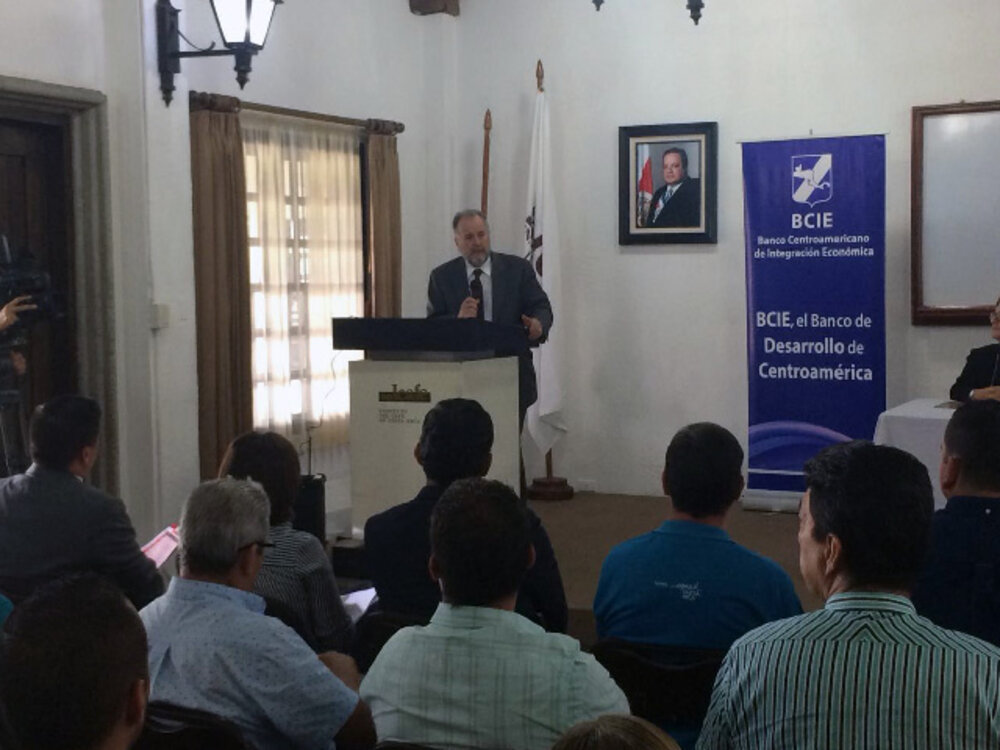US $10 million in support of the decarbonization process of the coffee sector in Costa Rica

US $8.2 million comes from CABEI funds and EUR 1.8 million from the German and British Governments through the NAMA Facility to promote environmentally sustainable investments under the NAMA Coffee Support Project.
San José, August 20, 2018. Costa Rica's coffee sector will have a credit line of more than $10 million to promote investment in technologies and practices that reduce greenhouse gas (GHG) emissions and water and energy consumption.
The funds will be channeled through the NAMA Coffee Support Project Financing Program, and through financial cooperatives and national banks affiliated to the Central American Bank for Economic Integration (CABEI), so that they can disburse loans on favorable terms for investments in coffee benefits and micro-benefits located in Costa Rica.
NAMA Coffee in Costa Rica is a national initiative jointly executed by the Ministry of Agriculture and Livestock (MAG), the Ministry of Environment and Energy (MINAE), and the Coffee Institute (ICAFE) to reduce GHG emissions generated during the production and processing of coffee and improve the sustainable use of resources such as water and energy.
Applicants should address their request directly to the affiliated co-ops or banks and demonstrate that the investment to be considered in the coffee process or micro-process will reduce GHG emissions and/or water consumption by at least 5%, and/or energy consumption by at least 15%. These calculated reductions will be verified by the Costa Rican Coffee Institute (ICAFE).
Some examples of such investments are the purchase of brush turners, efficient kilns, planting shade trees in coffee plantations, or reducing the use of fertilizers. The full list of eligible technologies and good practices can be found on the NAMA Coffee project website.
This Financing Program for NAMA Coffee executed by CABEI is part of the NAMA Coffee Support Project in Costa Rica, which is funded by the NAMA Facility, a joint fund of the German Ministry of Environment, Nature Conservation and Nuclear Safety (BMU) and the British Department of Business, Energy and Industry Strategy (BEIS), and implemented by German Development Cooperation (GIZ). This stage is part of an escalation process that began with a pilot with which support has been received from the IDB, the MIF, and the Fund for Development Cooperation.








![[Translate to English:] [Translate to English:]](/fileadmin/_processed_/e/3/csm_WhatsApp_Image_2024-04-18_at_2.12.23_PM__2__590ef43ade.jpeg)
